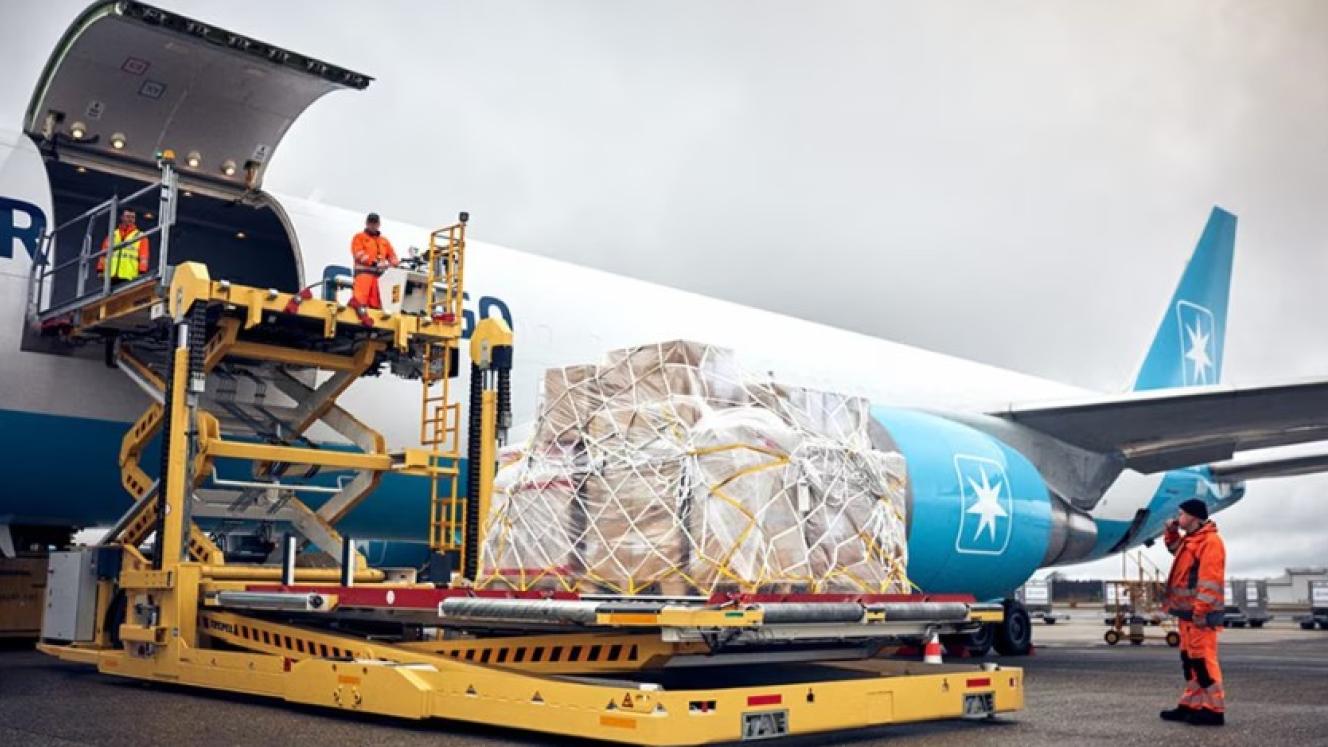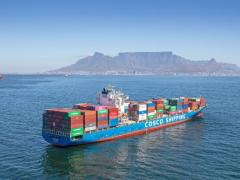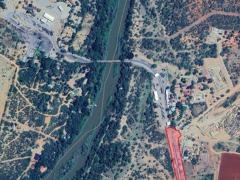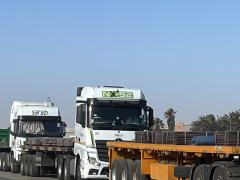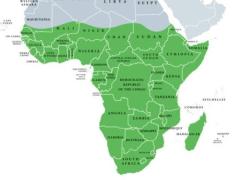Figures for the processing of north-bound road freight at Chirundu during a week-long testing period of the border between Zimbabwe and Zambia show that round-the-clock cargo clearing has doubled the volume of trucks going through.
Mike Fitzmaurice, chief executive of the Federation of East and Southern African Road Transport Associations, said Zimbabwe Revenue Authority (ZRA) had recorded around 600 rigs every day while the congested border was kept open for 24 hours.
“That’s what we expected,” he said.
“Under normal operating hours only about 300 trucks pass through on a daily basis.”
He added that it was going to be interesting to see what happened after the seven-day 24-hour testing period which ended last Sunday.
“We will be monitoring the gain and can only hope that ZRA makes the right decision.”
That decision, whether or not to turn the border into a permanent 24-hour operation like Zambia’s Nakonde crossing into Tanzania, is expected in due course.
Unfortunately south-bound traffic at the busy and beleaguered Copper Belt border continues to impede the flow of freight, mainly because of capacity constraints on the Zim side of customs.
The Zimbabwe Revenue Authority (Zimra), for one, refuses to relax rigid and inflexible checking of containers – even empty ones – fearing that south-bound empty-leg trips are used to smuggle goods.
When the ZRA embarked on the testing period, Zimra unfortunately couldn’t follow suit because, said Fitzmaurice, “they simply haven’t got the staff to keep the border open for that long”.
In the meantime slow clearing by Zimra causes bottlenecking north of the Zambezi, routinely forcing long-distance drivers to overnight in derelict truck parks where security and amenities are poor at best, non-existent at worst.
Long-distance drivers really have a tough time on SADC-roads at the moment, made worse by congested borders often exploited by crooked officials, Fitzmaurice has explained time and again in various conversations with Freight News.
Referring to tanker blazes that recently lit up the night sky at Chirundu – two roughly a week apart caused by drivers presumably cooking in their cabs – he once again highlighted the position in which they found themselves.
“When they sit in these queues, waiting to get through, it’s not like they’re idle. Often they have to stay awake to move on as the trucks nudge through. It means they don’t sleep. They make food on little 3kg gas cylinders with cookers on top and the slightest jerk going forward can make them fall over.”
Drivers he said, were usually paid according to the number of trips they did in a month. When they exceed what’s expected, they get a bonus.
“But now, with Covid-19 and all the testing we’ve been seeing at the borders, not to even mention the usual delays, bonuses are probably completely off the table. In addition they are exposed to theft and other threats when waiting at borders like Chirundu.”
Prior to the ZRA testing period, the north-bound queue at one stage stretched for kilometres into Zimbabwe’s Hurungwe safari area south of the river.
With big five game roaming around and no facilities in sight, drivers have no option other than camping out in their cabs.

